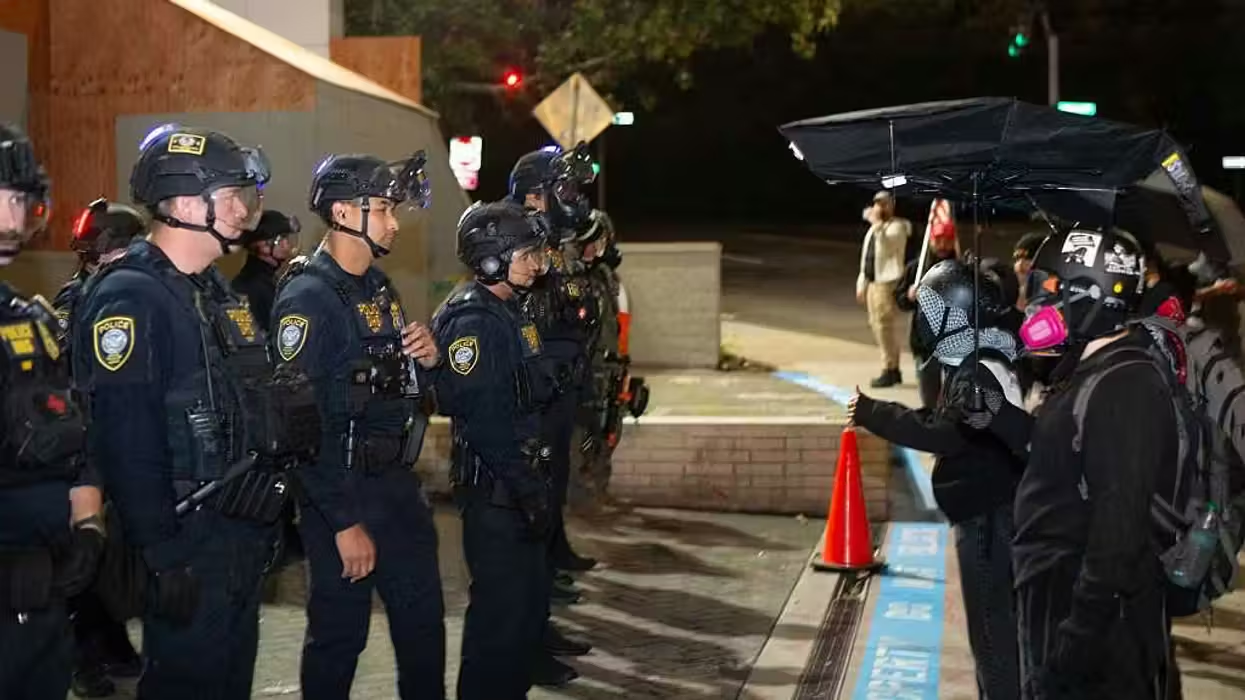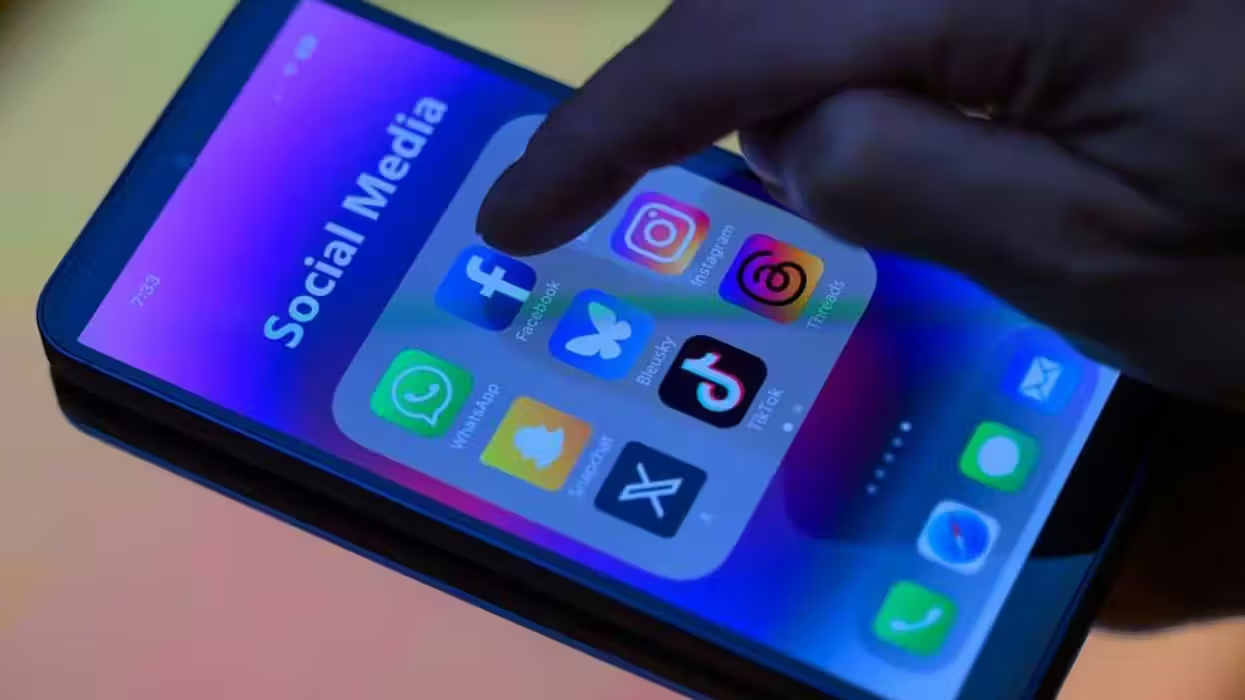
© 2025 Blaze Media LLC. All rights reserved.
Brazil Wants to Collect Biometric Data on All Its Citizens to Prevent Fraud
March 28, 2012

The Brazilian government hopes to collect about 1.9 billion digital finger prints of its citizens that will be used on biometric identity cards to help cut down on fraud, according to Dom Phillips writing for the Txchnologist.
By 2018, Phillips writes, the 132 million voting the country could be verifying their identity using their thumb. Since 2001, Brazil's voting system has been 100 percent digital and fully automated but officials seem to hope this will secure elections even further.
Phillips notes that from 1964 to 1985, Brazil was run under a military dictatorship, and that when free elections were conducted again, fraud was prevalent:
"There was a lot of fraud from paper ballots,” says David Fleischer, Professor of Political Science at Brasília University. “They would pay people to go at night and fill in the blank ballots. And there was a lot of manipulation by paying for voting – if you went the right way you got compensation.”
Since fully automating the system, Giuseppe Dutra Janino, Secretary of Information Technology at the Tribunal Superior Eleitoral, said there has been no fraud and Flesicher said fears of hackers are unfounded. Still, the government plans to move forward with securing the system even more.
It is not without its critics though. Phillips writes:
Its main objection, says committee member Amilcar Filho, is that there is no way of verifying the vote once it has been cast.“The Brazilian machines register the vote directly but don’t permit the voter to know what they have voted (after the fact),” says Filho. There is no paper backup of the vote. Argentina experimented with the Brazilian system and decided against it, Filho says. But Guiseppe Janino argues that the inbuilt anonymity of the Brazilian system protects voter confidentiality. “Only the elector knows who he voted for.”
There is a certain amount of transparency: a very small percentage of voting is filmed, and the process made available. Parties can also access a digital register of votes cast, though these are not linked to the voter. “We cannot know this information,” says Janino.
According to the security firm Gemalto, Brazil still has a big problem with identity fraud in other areas, which costs government billions of dollars a year. With its plan to collect biometric data and issue smart ID cards with this info, officials hope to also cut back on paperwork saving time and money. Here's an example of how they plan to save with the smart ID cards:
Eliminating things like false driver’s licenses would also have a financial trickledown effect. The switch to eDriver licenses in a number of states in Mexico, for example, has reduced traffic accidents by 40 percent. When you consider that road accidents have cost Brazil 28 billion reais (US$16 billion) in 2009, a 40 percent reduction would mean that more than 10 billion reais (US$5.7 billion) could be used for something more productive.
While some have high hopes for the new system, biometric collection has caused a stir in other countries due to the potential for pervasive tracking. What do you think? Is a biometric ID card going too far?
Want to leave a tip?
We answer to you. Help keep our content free of advertisers and big tech censorship by leaving a tip today.
Want to join the conversation?
Already a subscriber?
more stories
Sign up for the Blaze newsletter
By signing up, you agree to our Privacy Policy and Terms of Use, and agree to receive content that may sometimes include advertisements. You may opt out at any time.
Related Content
© 2025 Blaze Media LLC. All rights reserved.
Get the stories that matter most delivered directly to your inbox.
By signing up, you agree to our Privacy Policy and Terms of Use, and agree to receive content that may sometimes include advertisements. You may opt out at any time.





